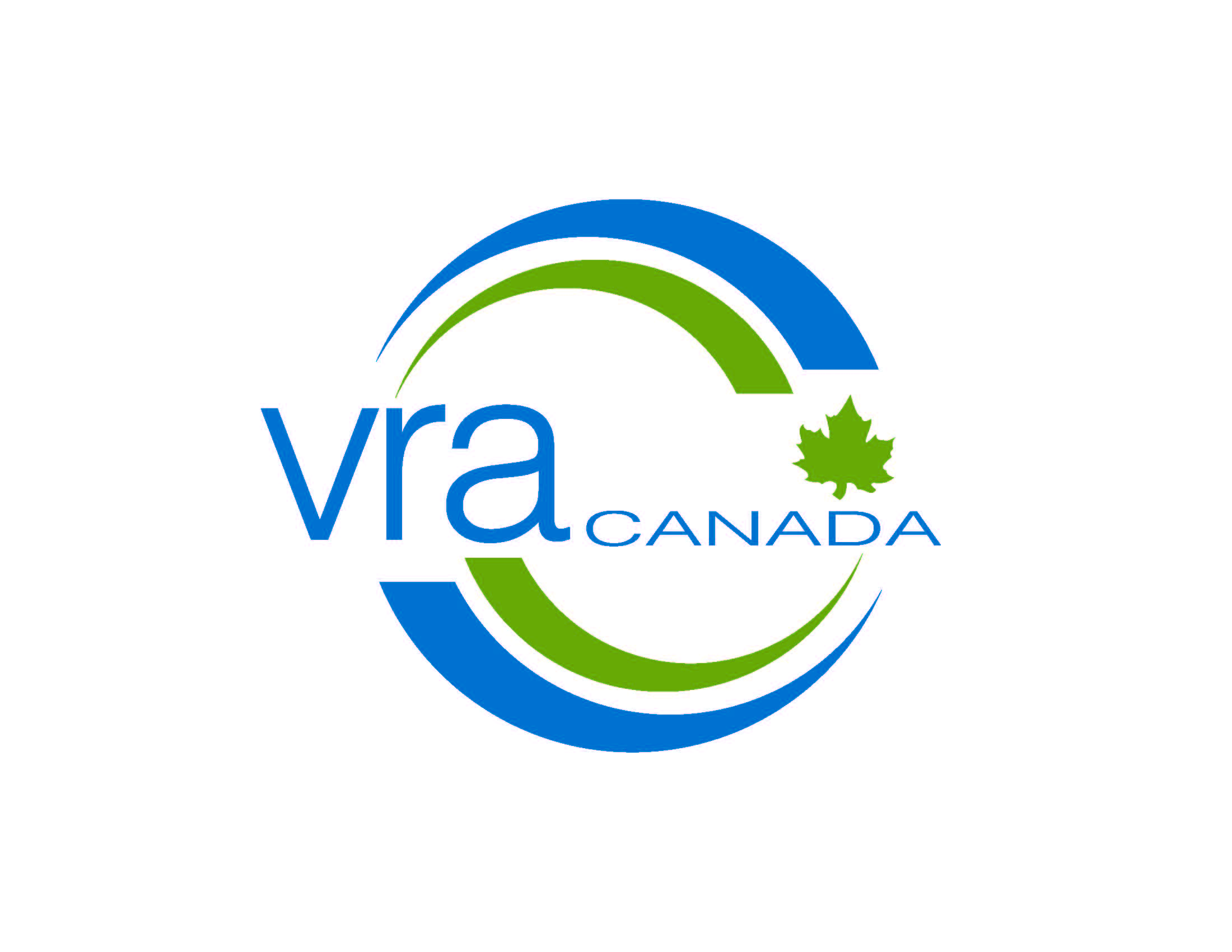Work Wellness Institute Membership!
Advance your Career & Improve your Workplace
- 350+ Lectures on Demand
- 18 self-paced e-Courses
- Accreditation opportunities
- Certifications for Members Only;
- Leadership Certification
- Inclusivity Recruitment & Retention Certification
- Work Wellness Ambassador Certification
Learn More about our Membership Program

Course Description
Worldwide, about 40%–50% of all cancer patients are of working age at time of diagnosis. Because of developments in cancer screening and treatment, but also because of the increase in the retirement age in several countries, it is expected that this percentage will increase in the near future. Cancer survivors report that being able to work is one of the most important contributors to their quality of life. Still, it has been shown that cancer survivors in general are more likely to be unemployed than healthy controls. Many health care providers do not ask the essential question: “how are the diagnosis and treatment affecting your work?” Consequently, the first significant step in arranging adequate work-related support or preventing adverse work-related outcomes for cancer survivors, both at short-term and at long-term follow-up, is missed or at least delayed.
You will learn:
- about adverse work outcomes cancer patients and survivors experience during the whole cancer care continuum;
- about predictive factors for returning to work and staying at work both short and long-term after diagnosis;
- about interventions to support cancer patients and survivors to return to work and stay at work beyond their return.
Take-home messages;
- About 40%–50% of all cancer patients are of working age at time of diagnosis, and this percentage will probably increase in the near future;
- Cancer survivors report that being able to work is one of the most important contributors to their quality of life;
- Cancer survivors in general are more likely to be unemployed than the general healthy population;
- Health care providers frequently do not ask cancer patients and survivors the essential question: "how are the diagnosis and treatment affecting your work?";
- About two-third of cancer survivors is able to (partly) return to work at some point after diagnosis and treatment;
Co-moderated with Dr. Christine Maheu, RN, PhD and Ms. Maureen Parkinson, M.Ed. C.C.R.C.
This program is pre-approved by VRA Canada for a 1 hour training session
Program Leader, Oncology - University Medical Center in Groning, NL
Saskia Duijts, PhD
Course curriculum
-
1
Sustained Employability of Cancer Patients and Survivors: Are We Getting Any Closer?
-
Pre-Survey
-
Sustained Employability of Cancer Patients and Survivors: Are We Getting Any Closer?
-
Sustained Employability of Cancer Patients and Survivors: Are We Getting Any Closer?
-
Evaluation Survey
-
